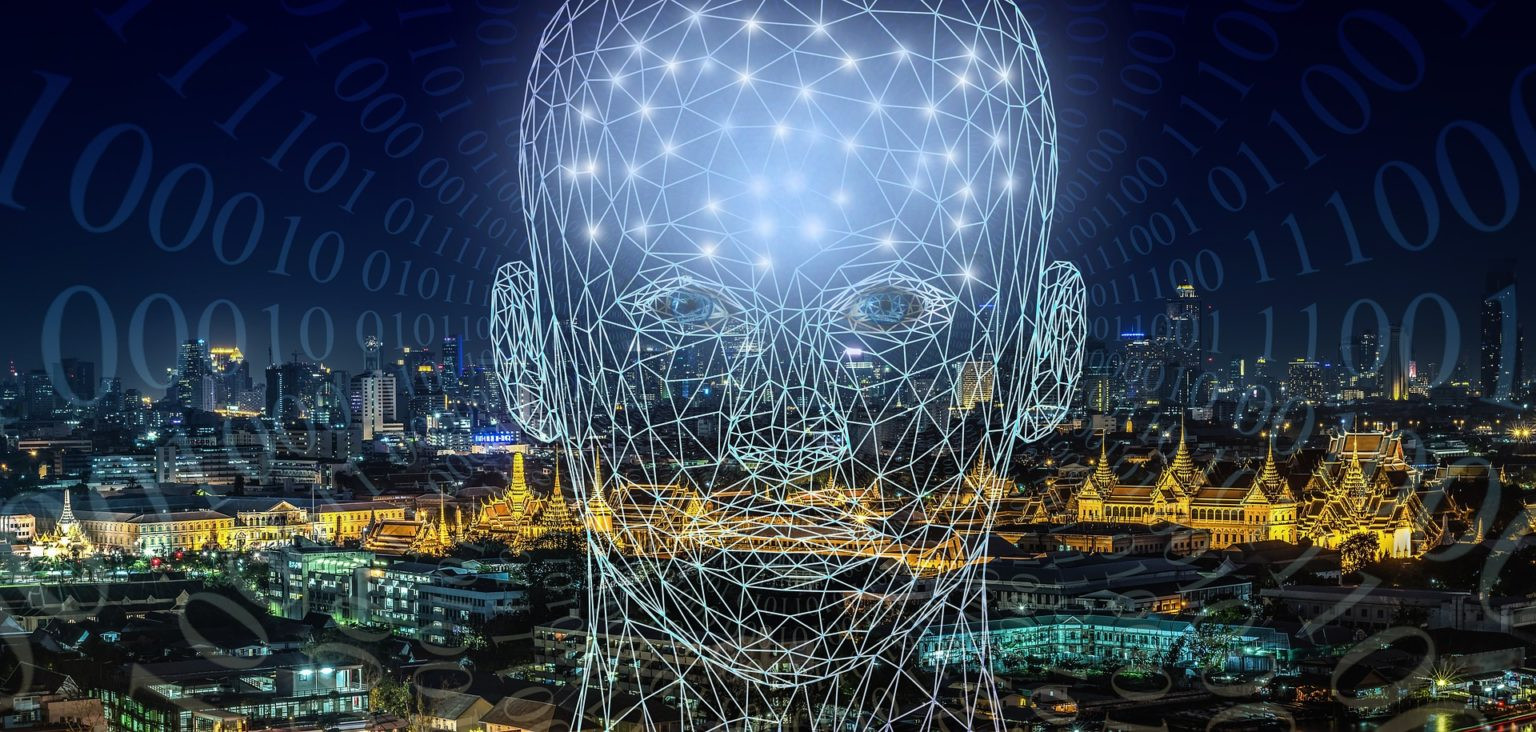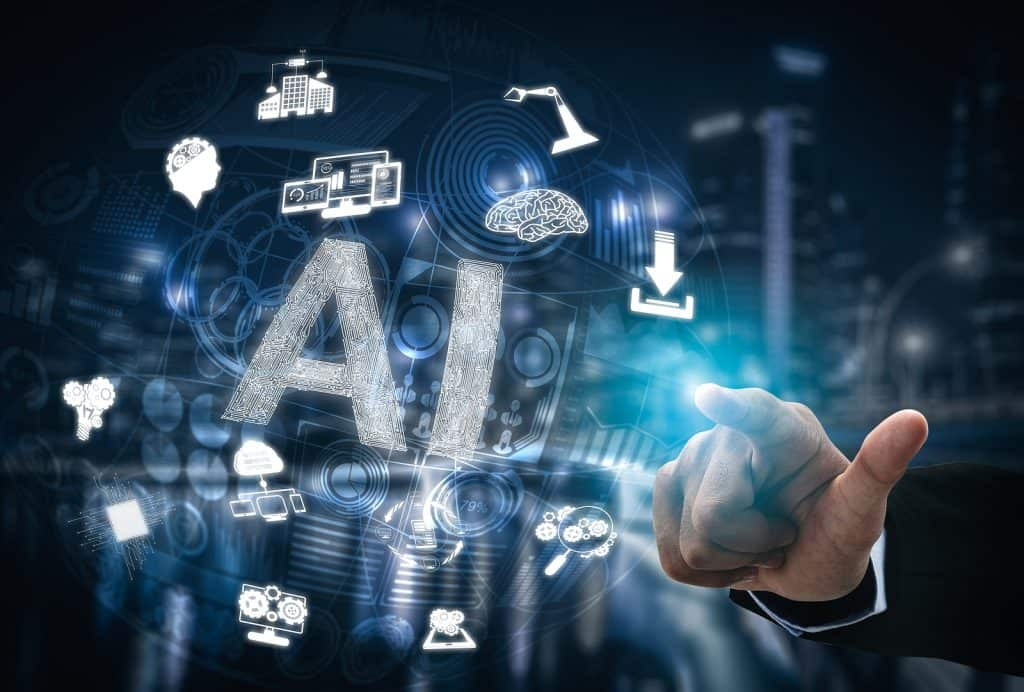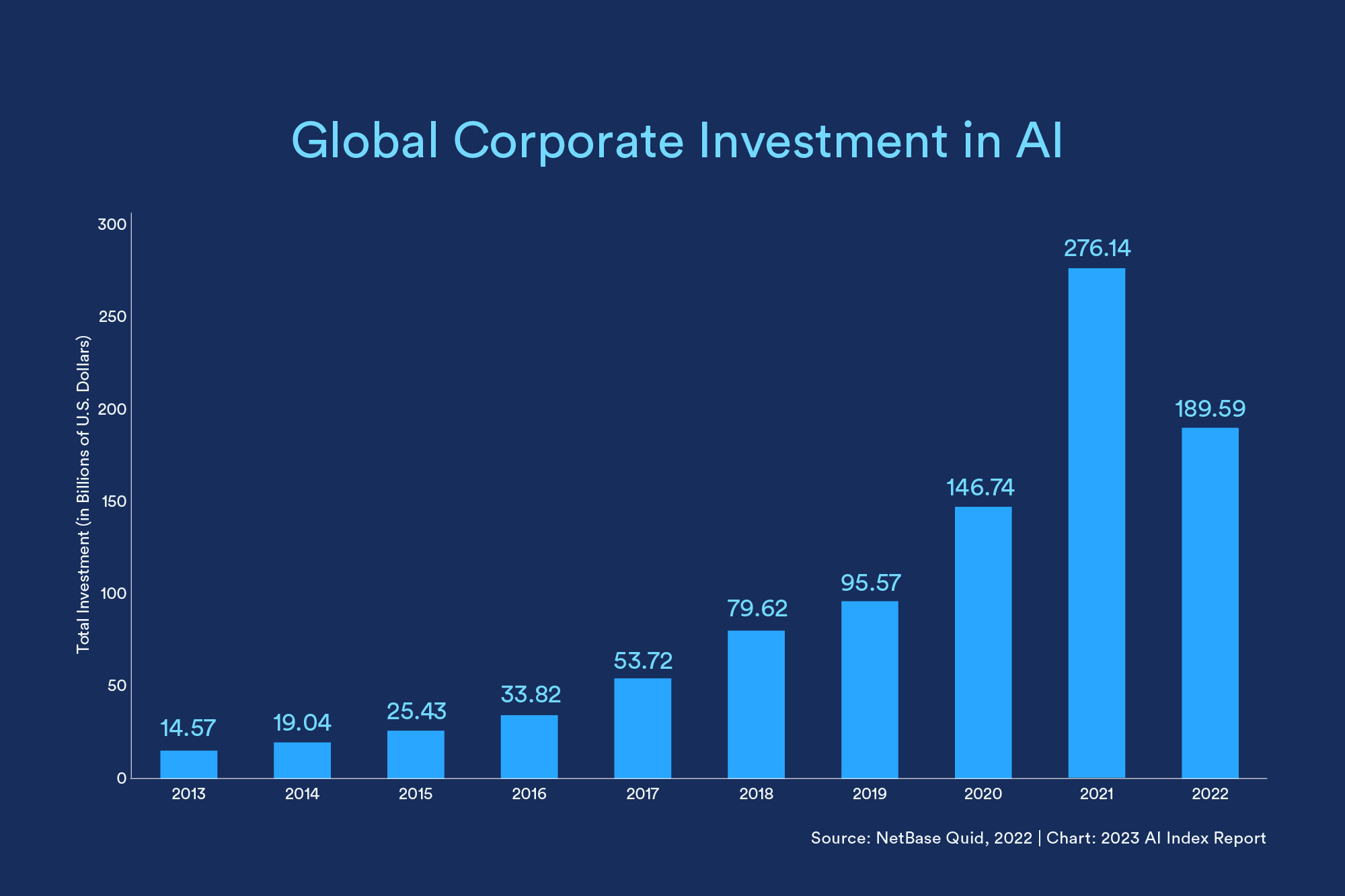Unprecedented Surge in AI Development: Experts Predict a Technological Revolution by 2030
The field of artificial intelligence (AI) is experiencing an unprecedented surge in development, with experts predicting a technological revolution that will fundamentally reshape our world by 2030. This rapid advancement is driven by breakthroughs in machine learning, deep learning, and natural language processing, leading to innovations with far-reaching implications across various sectors.
The Rise of Machine Learning and Deep Learning
Machine learning (ML) and deep learning (DL), subsets of AI, have been instrumental in this recent surge. ML algorithms enable computers to learn from data without explicit programming, while DL algorithms utilize artificial neural networks with multiple layers to analyze complex data sets. This has led to significant improvements in areas such as image recognition, speech recognition, and natural language processing. The development of more powerful and efficient algorithms, coupled with the exponential growth of available data, has fueled this progress. We are now seeing AI systems capable of performing tasks previously thought to be exclusively within the domain of human intelligence. The implications are vast, ranging from personalized medicine to autonomous vehicles. Consider the accuracy of image recognition: a few years ago, error rates were significantly higher; today, many systems achieve near-human performance levels. This signifies a major leap forward.
Impact on various sectors
The impact of these advancements is already being felt across various sectors. In healthcare, AI is assisting in diagnostics, drug discovery, and personalized medicine. In finance, AI-powered algorithms are used for fraud detection, risk management, and algorithmic trading. The manufacturing industry is leveraging AI for process optimization and predictive maintenance. The transportation sector is on the cusp of a revolution with the development of self-driving cars and trucks. The potential applications seem limitless, promising increased efficiency, improved decision-making, and new possibilities for innovation.
Challenges and Ethical Considerations
However, the rapid advancement of AI also presents significant challenges and ethical considerations. One major concern is the potential for bias in AI algorithms. If the data used to train these algorithms is biased, the resulting AI system will likely perpetuate and even amplify that bias. This can have serious consequences, particularly in areas such as criminal justice and loan applications. Another concern is the potential for job displacement due to automation. While AI can create new jobs, it is also likely to automate many existing jobs, leading to significant economic and social disruption. Addressing these issues requires careful consideration and proactive measures to mitigate potential negative impacts.
Addressing Bias and Job Displacement
Efforts are underway to address these challenges. Researchers are developing techniques to detect and mitigate bias in AI algorithms. Governments and organizations are exploring policies to support workers who may be displaced by automation. These efforts, however, need to be accelerated and broadened to match the pace of AI advancement. The development of robust regulatory frameworks is essential to ensure the responsible development and deployment of AI technologies. This includes establishing clear guidelines for data privacy, algorithmic transparency, and accountability for AI-driven decisions.
The Future of AI: A Technological Revolution
The future of AI is bright, but also uncertain. Experts predict that AI will continue to advance at an exponential rate, leading to a technological revolution that will fundamentally reshape our world by 2030. This revolution will be driven by breakthroughs in areas such as quantum computing and neuromorphic computing, which will enable the development of even more powerful and sophisticated AI systems. The potential benefits are enormous, including improvements in healthcare, education, and environmental sustainability. However, we must also be prepared for the challenges and ethical considerations that come with this rapid technological advancement. It is crucial that we develop responsible AI policies and regulations to ensure that this transformative technology benefits all of humanity. The path forward requires collaboration between researchers, policymakers, and the public to shape a future where AI serves as a force for good. The potential for AI to improve lives is undeniable, but responsible development is key to harnessing its full potential while minimizing risks. This includes mitigating biases, ensuring transparency, and fostering a future where the technology benefits everyone, not just a select few. The next decade will be decisive in shaping how we integrate this profound technology into our societal fabric.


















